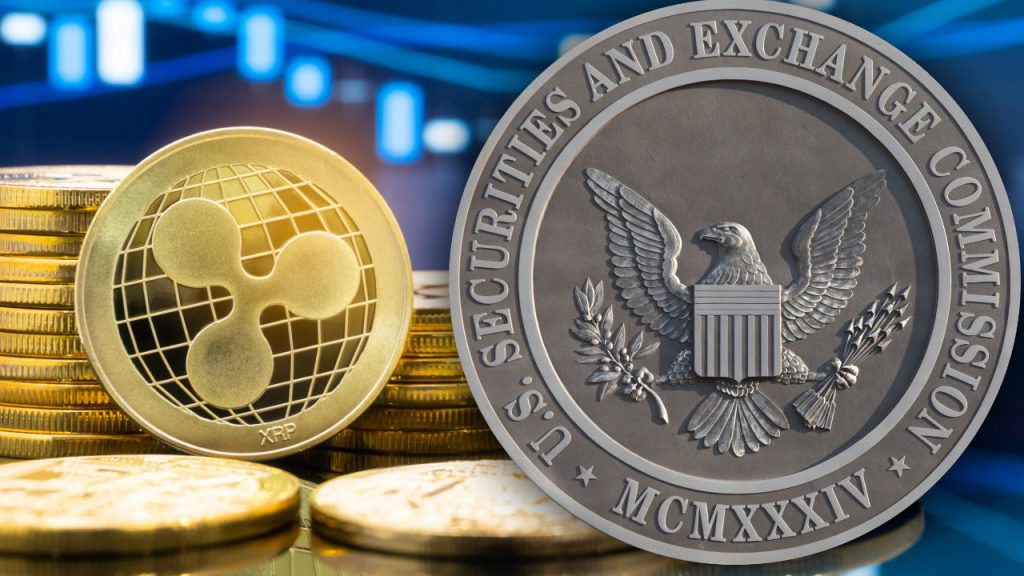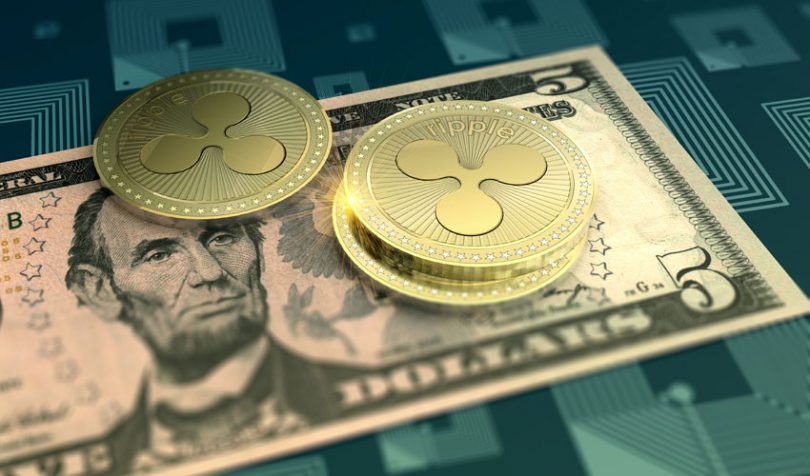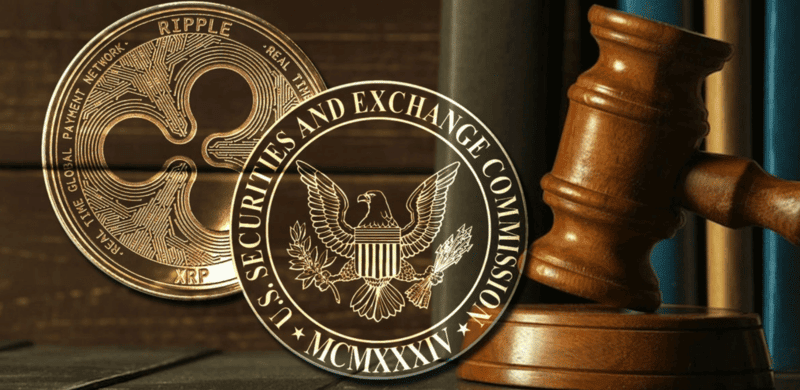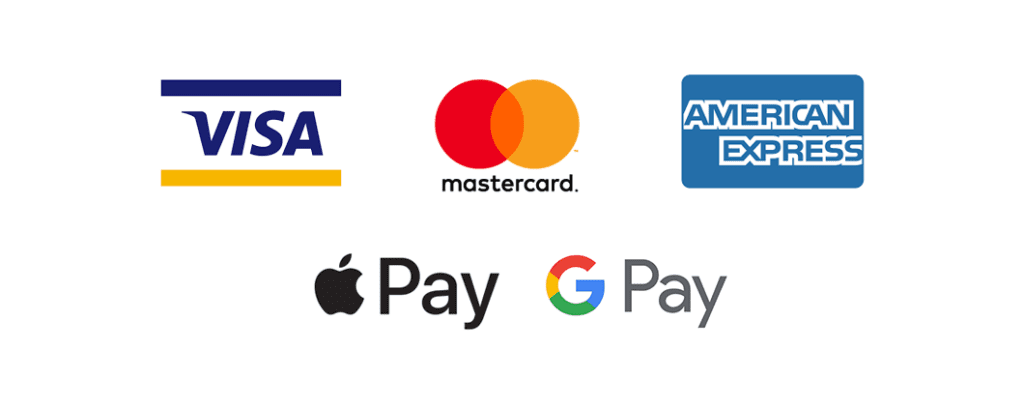
lol
According to a recent ruling handed down by U.S. judge , the crypto asset XRP is not “necessarily a security on its face.” In the ruling, both parties, the U.S. Securities and Exchange Commission (SEC) and Ripple Labs’ motions for summary judgment were granted in part and denied in part. The order states that the court cannot conclude that XRP is a security under the law insofar as “programmatic sales” are concerned. However, institutional sales are a different matter.
The judge presiding over the SEC lawsuit against Ripple has detailed that the court cannot classify XRP as a security.
The order details that the plain words of the Howey test make it clear, but as for XRP the “subject of a contract, transaction, or scheme is not necessarily a security on its face.” The judge also granted in part and denied in part the SEC and Ripple Labs’ summary judgments.
Ripple’s XRP token surged this Thursday after a judge in the Southern District of New York ruled that it’s “not necessarily a security on its face.”
“The judgments today are a huge step forward for the industry,” By judging that XRP is not a security we’re starting to get clarity on what constitutes a security and what constitutes a commodity — the SEC will have to revise their tactics on several of their ongoing cases and I expect that this judgment will implicate several other tokens as non-securities.
The news gave hope to crypto investors, who breathed a sigh of relief that other altcoins also may not be considered securities after all. Litecoin and the Solana jumped 18.35%, and Cardano’s token advanced 20.31%. Bitcoin and ether got a boost too, rising more than 4% and 6%, respectively.

jjj
The news marks the end of a three-year battle between Ripple and the Securities and Exchange Commission — although, today’s decision came in a trial court decision and there’s a good possibility some of these findings will be appealed and could be reversed. In 2020, the SEC sued Ripple for breaching U.S. securities laws by selling XRP without first registering it with the agency.
The ruling was divided into three sets of factual circumstances surrounding sales of XRP: institutional sales, programmatic sales and “other distributions,” such as employee compensation.
Therefore, having considered the economic reality and totality of circumstances, the court concludes that Ripple’s Programmatic Sales of XRP did not constitute the offer and sale of investment contracts.
Judge Torres






